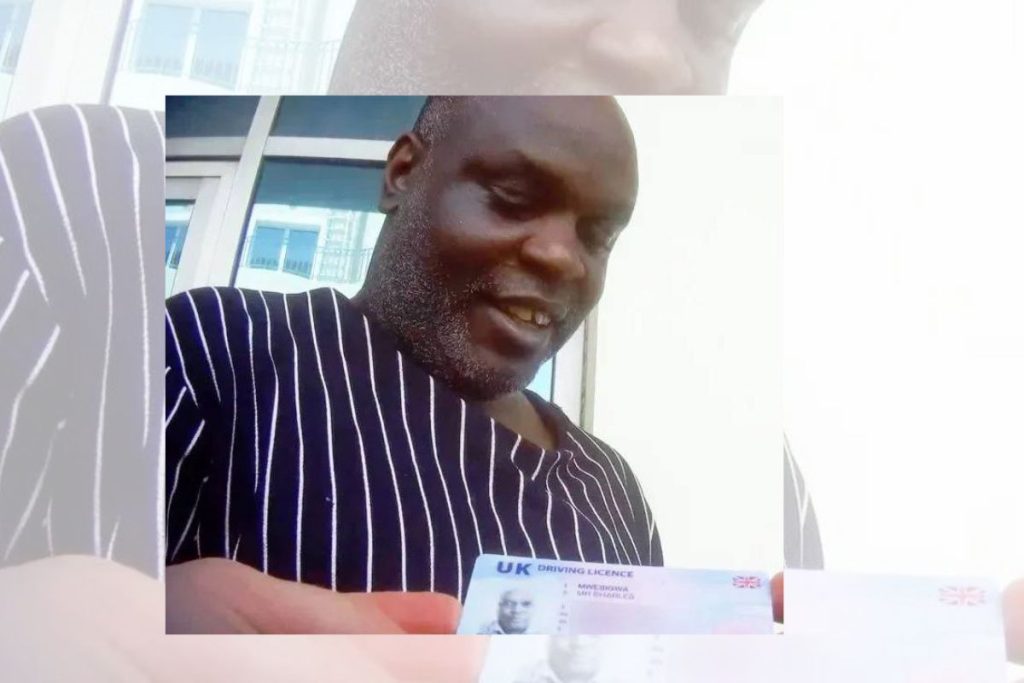Ugandan national, Charles “Abbey” Mwesigwa, was arrested following a BBC investigative exposé that named him as allegedly running a sex-trafficking ring in Dubai.
The BBC report claimed that Mwesigwa lured several Ugandan women with promises of legitimate jobs—such as in hotels or supermarkets—but upon arrival, forced them into sexual exploitation to repay inflated “debts” for visa costs, travel, and accommodation. Former associates and victims say he operated in Dubai’s upscale Jumeirah Village Circle, employing intermediaries to rent apartments and cars under false names to avoid detection.
Undercover reporters allegedly caught Mwesigwa arranging “sex party” offers at about USD 1,000 (approx. UGX 3.7 million) per night, with higher sums demanded for more extreme and degrading acts. One survivor, named “Lexi” in the report, claimed she was even offered a sum over AED 15,000 (~USD 4,000) to endure gang rape, be urinated on, and filmed in humiliating acts. Another, “Mia,” said her debt to the network doubled within two weeks of arrival.
Tragically, two Ugandan women—Monic Karungi (2022) and Kayla Birungi (2021)—were tied to Mwesigwa’s network. Both died after falling from high-rise buildings in Dubai under mysterious circumstances. Monic’s body was reportedly never repatriated and is believed to be buried in an unmarked grave in Al Qusais Cemetery. In Kayla’s case, toxicology reports later showed no alcohol or substances in her system, contradicting initial police statements.
In Uganda, the allegations have sparked public outrage and urgent calls for decisive action. State Minister for Youth and Children Affairs, Balaam Barugahara, has urged cooperation with Interpol and UAE authorities to ensure Mwesigwa faces justice. Meanwhile, NIRA (National Identification and Registration Authority) and the Police have opened investigations into possible breaches of Uganda’s national ID database, amid claims that personal data of victims might have been accessed by those linked to the trafficking ring.
Officials and rights groups emphasized that the case underscores systemic risks faced by migrant workers. Uganda sends over 165,000 labor migrants to Gulf nations, with remittances hitting approximately USD 1.2 billion (UGX 4.5 trillion) annually. Yet, many migrant protection mechanisms remain weak, leaving citizens vulnerable to exploitation, forced labor, and human trafficking.
Mwesigwa denies all wrongdoing, claiming he merely “invites big spenders to [his] table” and is not involved in running any prostitution ring. Authorities in Dubai had not publicly commented on the matter at the time of reporting.




